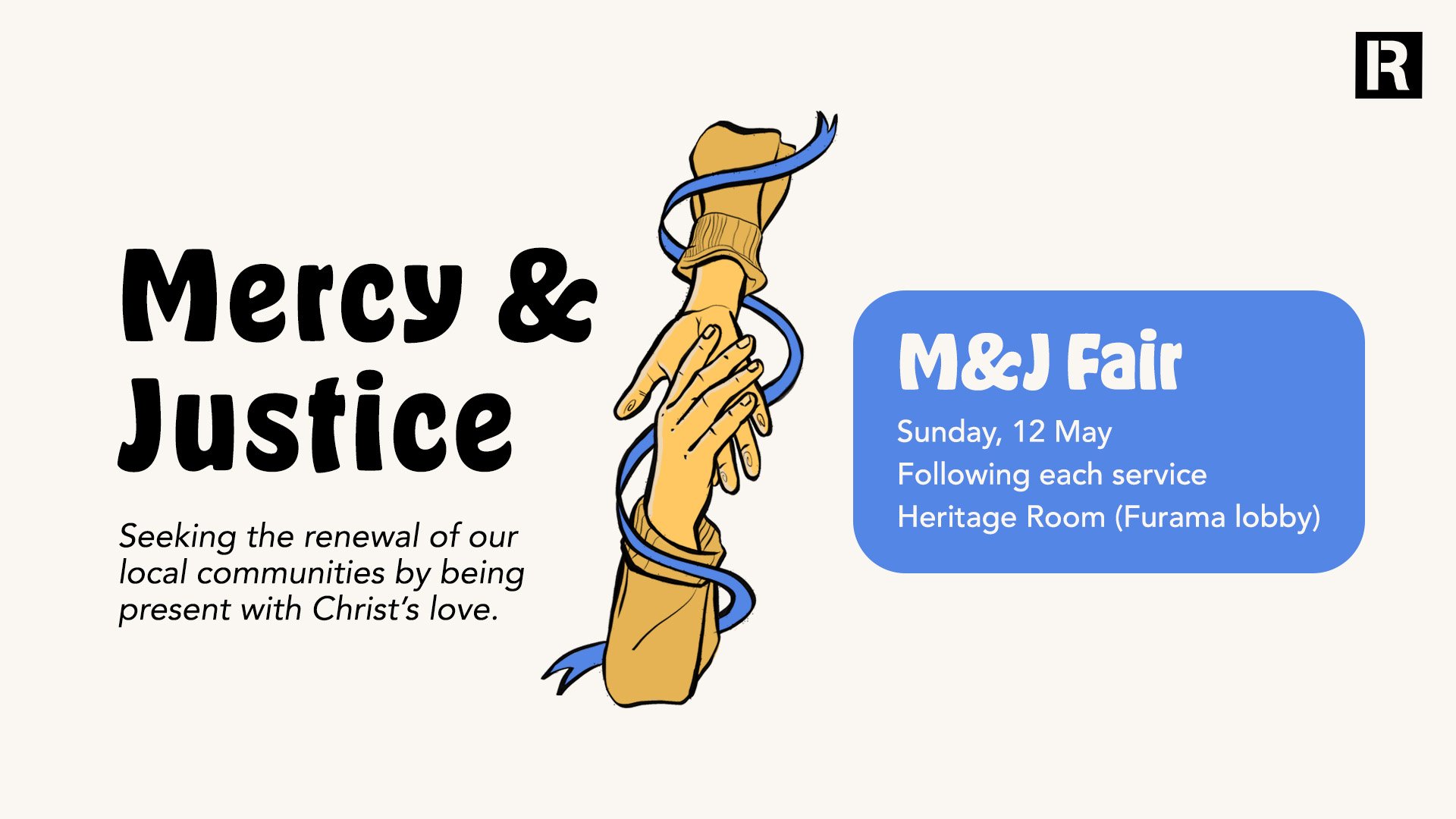Jesus' Lavish and Illogical Mercy to Us
How do you make decisions? If we’re honest, what likely governs our daily choices is a subtle cost-benefit computation running in the background of our hearts and minds. When it comes to our time, energy, and resources, we instinctively ask ourselves “what’s the cost to me?” and “do the benefits outweigh this cost?”
For those who can relate to this, it can feel uncomfortable to read biblical imperatives such as: “act justly and love mercy” (Micah 6) or “go, and do likewise” (Luke 10). We could muster up the energy to meet the practical, social, or spiritual needs of those in need. But underneath, our cost-benefit alarm bells are sounding. And we wonder how long we can sustain.
The truth is: the concepts of ‘cost-benefit’ and ‘showing mercy’ are like oil and water. Showing mercy is always too costly and never produces enough benefit to ourselves to be ‘worth it’—that is, if we think about this in natural, human terms. How then can we ever find the motivation to show mercy? What could rewrite our natural paradigms in a way that could make ‘showing mercy’ not only make sense, but be sustainable?
In the recent weeks leading up to Good Friday and Easter, we at RHC focused on entering with Christ in His suffering. This recent article beautifully describes this: “...he poured himself out in a lavish, loving and seemingly foolish way on the cross. By giving himself as an offering, Jesus accomplishes what we could never have done for ourselves. What can sometimes look like foolishness to us is faithfulness; what appears wasteful is worshipful.”
Let’s take it in together—that Jesus’ love for us was so extravagant, that He gave of Himself so completely in our place, that He willingly faced the most extreme cost so that we could receive forgiveness for being unwilling and unable to look beyond our cost-benefit analyses. Does this not melt and change your heart? Our prayer for our church is that Jesus Himself starts to become so precious to us that it transforms our internal paradigms. Instead of a cost-benefit calculation, may we start operating out of an abundance mindset.
Why else would a woman pour out a jar of costly perfume—possibly her most precious possession—on Jesus’ body? (Mark 14) Why else would believers in the early church be “selling their possessions and belongings and distributing the proceeds to all, as any had need”? (Acts 2) Why else would a Samaritan ditch his own plans and spend two days’ wages to help rehabilitate his natural enemy? (Luke 10) Why else would we today extend grace and mercy to those in need—especially to those who are unlike us or even those whom we must go out of our way to seek out? The only logical reason is because we ourselves have received such lavish, radical, illogical mercy from our Saviour. Lord, help us!
At RHC, we believe showing mercy is a response to the gospel of grace that we have received. In the coming few weeks, we will be sharing glimpses into our M&J Ministry, culminating in the Mercy & Justice Fair on Sunday, 12th May. We hope this is an opportunity for you not only to find out more about the happenings, but also the heart of mercy. Our M&J team would love to meet you at the Fair and hear your questions and thoughts.
In the meantime, can we ask you to prayerfully reflect on these two questions?
How have your internal paradigms been transformed by Christ’s sacrifice for you?
How could this manifest in mercy towards those who have clear practical, social & spiritual needs?

